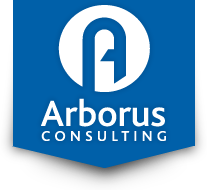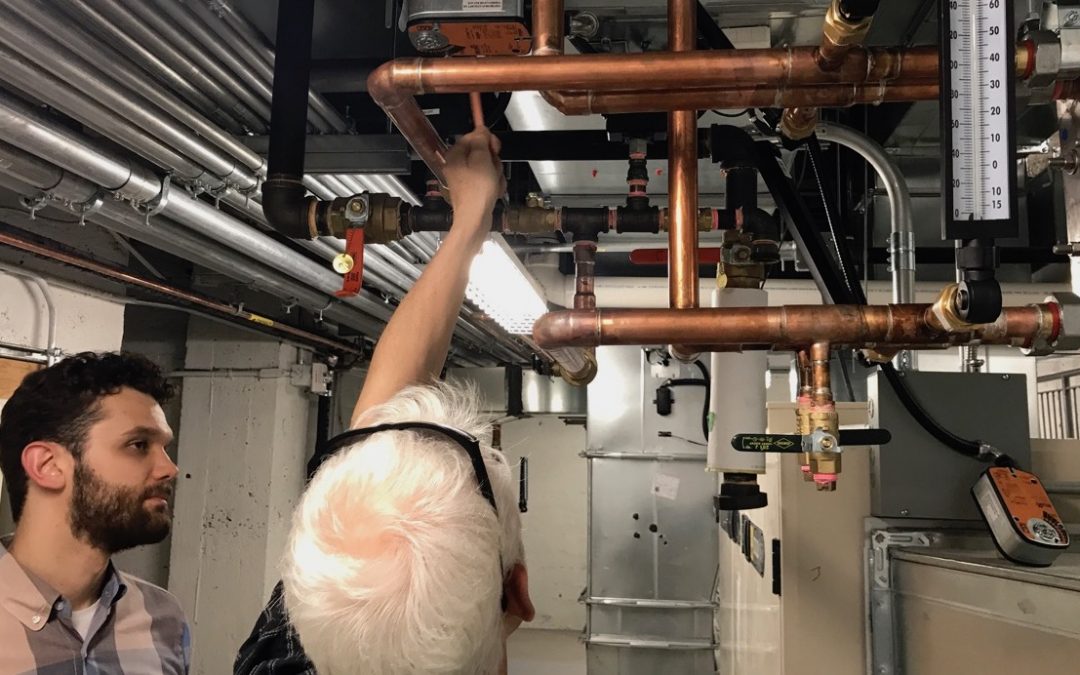Does this sound familiar? “It’s way too hot on the second floor”. “The back corner of the board room is freezing”. “The air is stale in room 215”. If you are a building owner or property manager you may have heard these complaints after tenants move into a new building. They can be the result of incomplete or improper installation of building systems. Now you have to call the contractor back to the building after the job was completed and get them to check the system. Meanwhile, your new tenants/employees are complaining and productivity is suffering. This situation can be avoided with the help of a third party commissioning agent.
Building Commissioning is an intensive quality assurance process that begins during the conceptual design phase and continues throughout construction and into the first year of occupancy. The commissioning process ensures that a new building will operate as intended and meet the owner’s Project Requirements.
Numerous benefits of commissioning delivered to the owner beyond performance verification include: identification and correction of operational problems; reduction of contractor call-backs during the warranty period; and addressing and ensuring the correction of deficiencies during the warranty period.
The goals of the commissioning process include the following:
- Ensure that the building meets the unique needs of its owner and occupants
- Ensure that the building operates as efficiently as possible
- Provide a safe and comfortable indoor environment
- Ensure that the building will be operated and maintained by a well-trained staff or service contractor
There are a number of steps that must be followed in order to achieve these goals. The commissioning agent reports back to the building owner. This line of communication lets the owner know if building systems are being installed correctly and according to their requirements. Below is a list of steps that aid in this process:
- Design reviews
- Commissioning specifications outlining the contractor’s obligations
- A Commissioning Plan which details how commissioning will be executed during and post construction.
- Shop Drawing reviews, and detailed controls and O M manual reviews
- Static verification checks
- Functional performance tests
- Systems Operations Manual
- Training
- Warranty period issues tracking and resolution
Why is the commissioning process important? The efficiency and comfort of your building is directly connected to the functionality of its systems. The following 3 factors should help to highlight the importance of the commissioning process:
- Energy performance consists of equipment efficiency and “controllability”
- Systems are highly interactive with sophisticated controls; small problems can have big effects on performance
- No matter how carefully a building is designed, if the systems, equipment, and materials are not installed and operating as intended, the building will not perform well
With a limited design and construction budget, owners should think about transferring construction phase cost savings to the design and commissioning budgets. When construction cost savings from avoided change orders are taken into account, commissioning can pay for itself.

